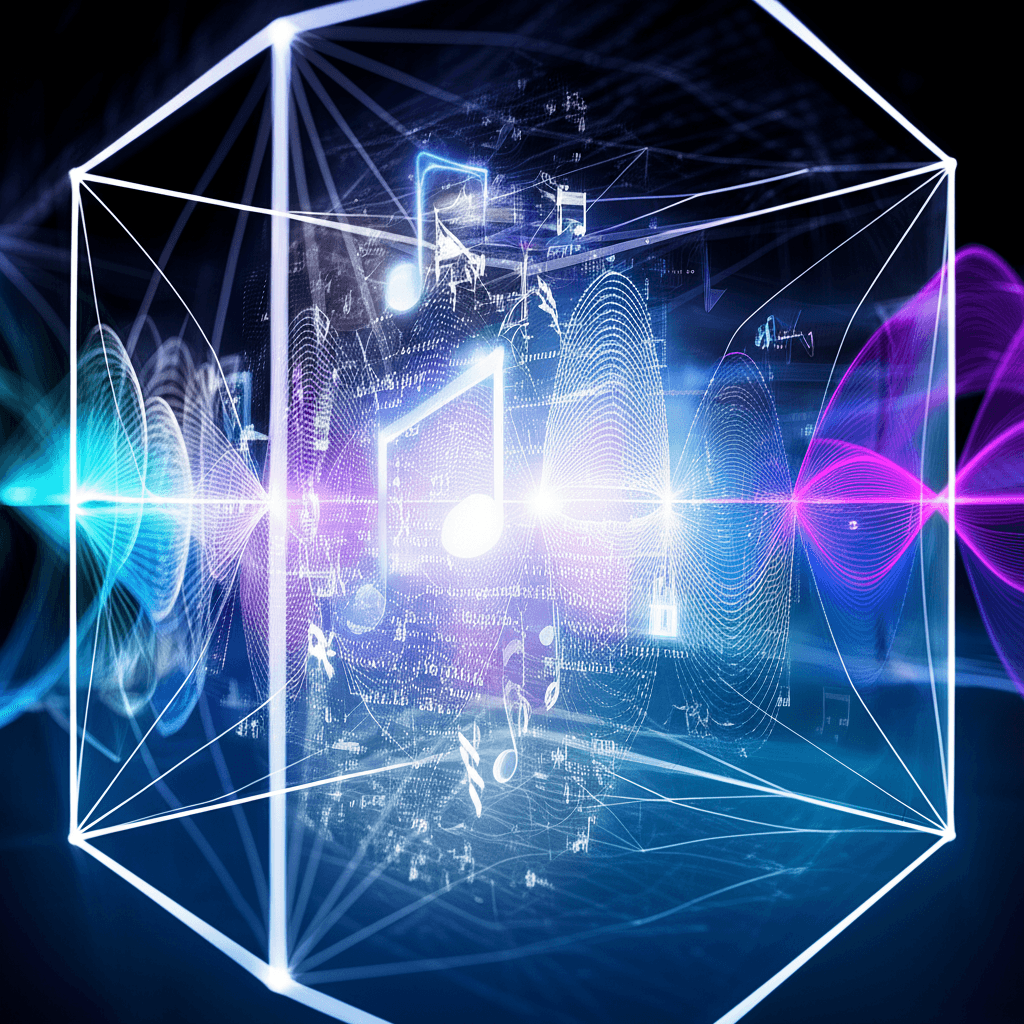ElevenLabs Unleashes AI Music with Unprecedented Legal Safeguards
Eleven Music launches with a license-first approach, offering creators legally sound AI music for commercial use.
August 5, 2025

AI audio research company ElevenLabs has launched Eleven Music, a generative AI platform capable of creating studio-grade music from simple text prompts. The new tool marks a significant expansion for the company, previously known for its advanced voice synthesis technology, and enters a competitive and legally contentious AI music landscape. What sets Eleven Music apart is its proactive approach to intellectual property, launching with established partnerships with music industry stakeholders and a clear declaration that its generated content is "cleared for broad commercial use."[1][2][3] This move directly addresses the copyright infringement lawsuits plaguing competitors like Suno and Udio, positioning ElevenLabs as a potentially more stable and legally sound option for creators and businesses.[4][5]
The core of Eleven Music is its ability to translate natural language prompts into complete musical tracks across a wide array of genres, with or without vocals, and in multiple languages.[6][7] Users can guide the AI with high-level creative concepts, such as "ad for a sneaker brand" or "peaceful meditation with voiceover," allowing the model to generate context-aware audio.[4] For more detailed control, the platform allows users to specify genre, mood, tempo, and musical key.[4] It also supports the generation of isolated instrumental or vocal tracks, known as stems, and users can input their own lyrics with precise timing cues.[4] This granular control is designed to empower a broad range of users, from businesses needing music for advertisements and podcasts to individual creators and artists.[2][7] The outputs are intended for nearly any application, including film, television, social media, and video games.[7][8]
A cornerstone of the Eleven Music launch is its "license-first" strategy, a stark contrast to the legal battles faced by its rivals.[4] ElevenLabs has secured partnerships with Merlin Network, a prominent digital rights agency for independent labels, and Kobalt Music Group, a major independent music publisher.[1][9] These agreements provide ElevenLabs with access to licensed music for training its AI models, a move aimed at creating a legally sound foundation for its service.[4][10] The company has stated that its model is "strictly created on data that we have access to."[4] This collaborative approach has been praised by its partners. Kobalt's CEO, Laurent Hubert, noted that ElevenLabs has been a "collaborative partner, committed to sourcing data directly from rightsholders and protecting them."[1][6] Similarly, Merlin's CEO, Jeremy Sirota, highlighted the partnership as a demonstration of how AI companies and music rightsholders can establish "responsible guardrails."[1] These deals will also allow artists represented by Merlin and Kobalt to participate in the development of a forthcoming "Eleven Music Pro" model.[2][6]
The launch of Eleven Music arrives at a critical juncture for the AI music generation industry. Competitors Suno and Udio are currently facing lawsuits from major record labels, including the Recording Industry Association of America (RIAA), for alleged mass copyright infringement in their training data.[1][4][10] These companies have argued that their use of copyrighted material falls under the "fair use" doctrine, claiming their technology is transformative and does not simply regurgitate existing content.[4] The legal outcomes of these cases remain a central, unresolved question in the generative AI space. ElevenLabs' proactive licensing strategy is a clear attempt to sidestep these legal minefields and offer a more secure platform for commercial use.[4][5] The company has also implemented safeguards to prevent misuse, explicitly prohibiting users from inputting artist names, song titles, or copyrighted lyrics into the generator.[1][9][4]
The introduction of a commercially cleared, licensed AI music generator carries significant implications for the music and creative industries. For businesses and content creators, it offers a potentially cost-effective and efficient way to source original music, avoiding the complexities of traditional music licensing.[10][5] The technology could democratize music production, enabling individuals without formal musical training to create high-quality tracks.[11][12] However, this accessibility also raises concerns among human artists about the potential devaluation of their work and the impact on their livelihoods.[11] The emergence of "prompt-artists," who specialize in guiding AI to create music, could redefine creative roles within the industry.[10] While ElevenLabs' approach seems to address the legal anxieties surrounding AI-generated content, the broader ethical debate about the role of AI in art and the preservation of human creativity continues.[11][10] The success and adoption of Eleven Music could set a new standard for responsible development and collaboration between AI firms and the creative industries they aim to serve.